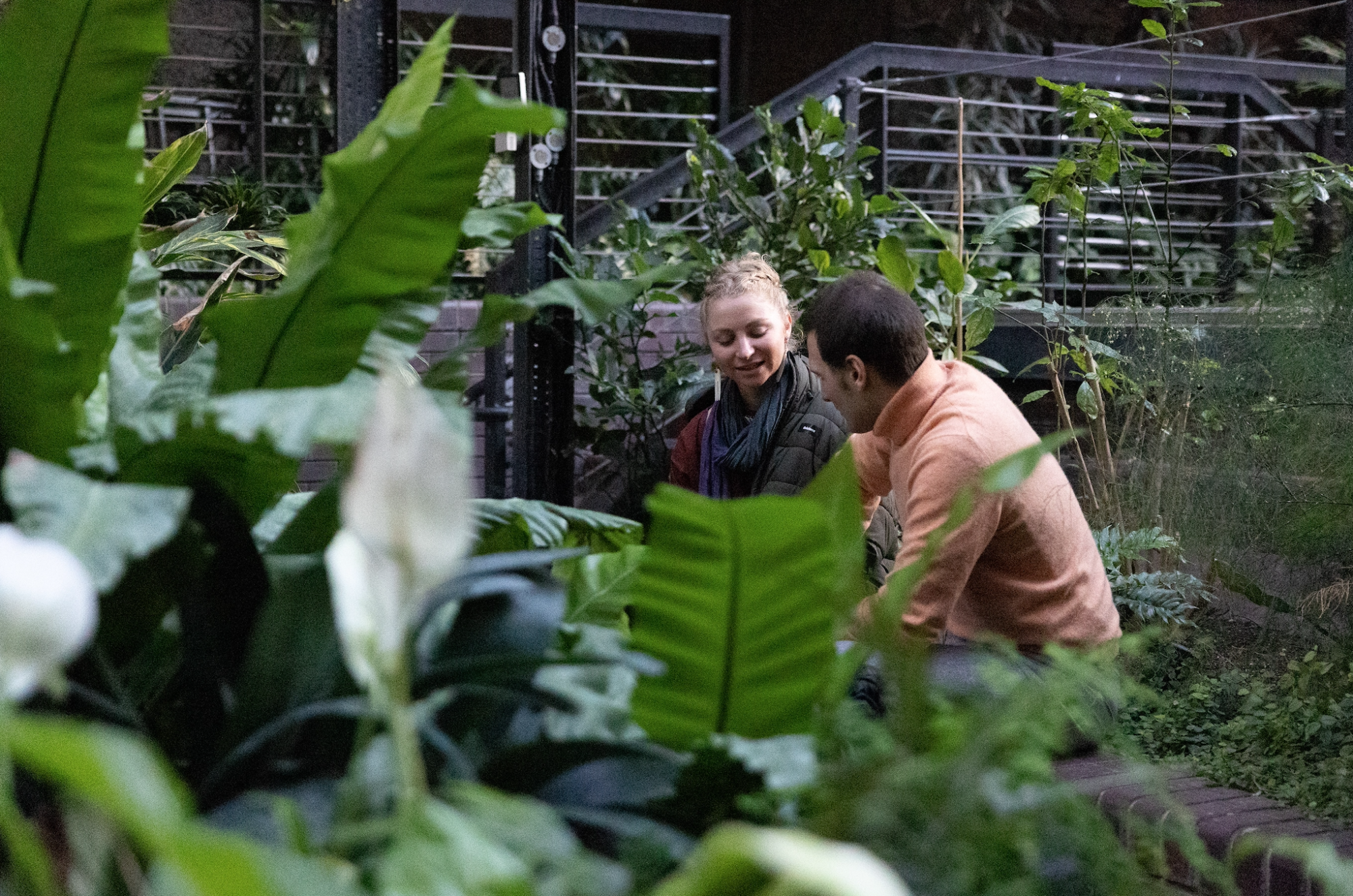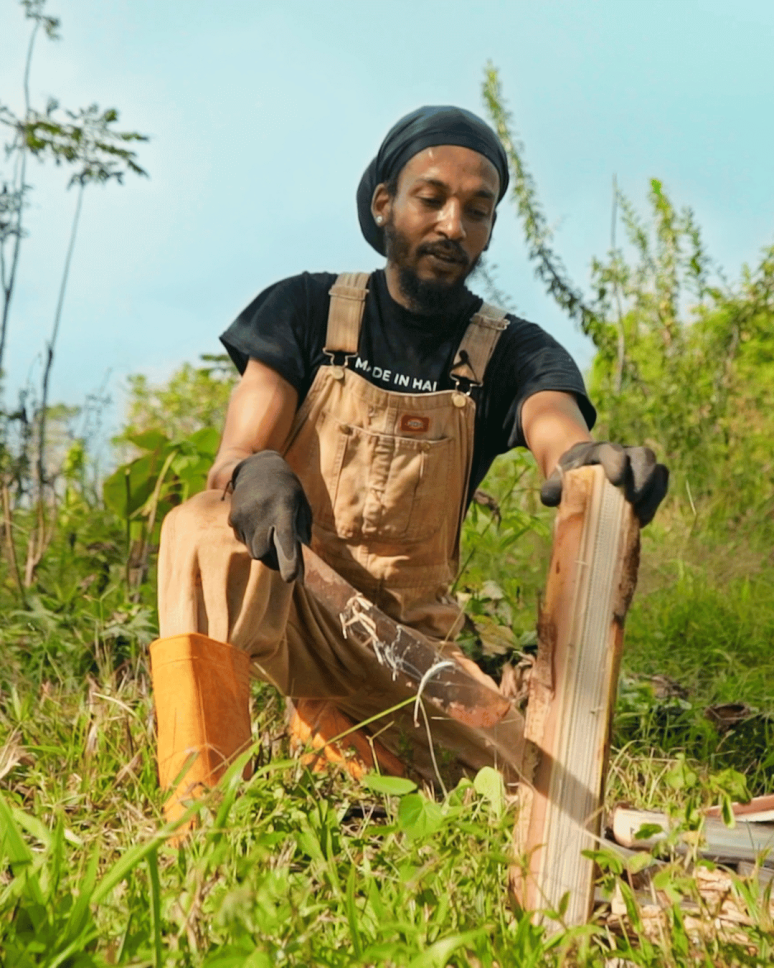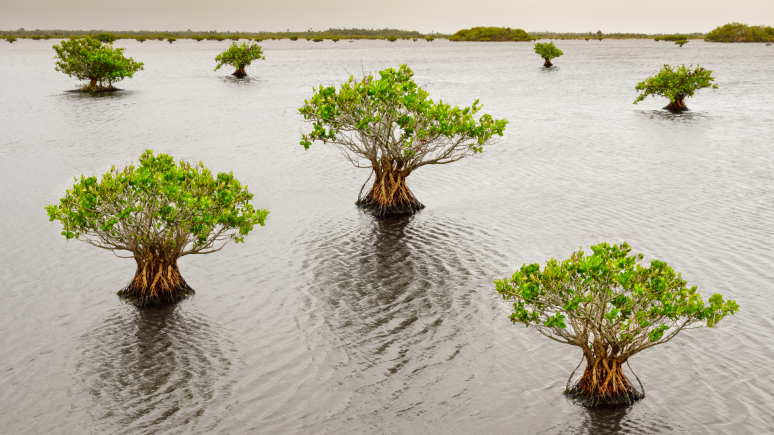
How Prescribing Nature Transforms Mental Health
A growing number of empirical studies show that immersion in nature and nature-based activities improves mental and physical health.
A recent two-year initiative in the UK explored how prescribing nature-based activities, also called Green Social Prescribing, could improve mental health outcomes. The activities included gardening, green exercise, bushcraft, wild swimming, conversation project, outdoor creative activities and many more. Their 2024 report found that, across all types of activities, participants’ happiness, life satisfaction and sense of purpose improved significantly, while anxiety and depression symptoms significantly reduced. People were more active, and many felt more connected to nature.
The findings show how good nature-based activities are for people’s mental health. But what are the mechanisms behind that? How can prescribing nature transform mental health?
Physical activity
The benefits of physical activity are well-known: it boosts endorphins, reduces stress, elevates mood, and improves self-esteem. Physical activity in nature has the added advantage of sunlight exposure, which improves sleep and other bodily functions. Many people also find outside exercise more enjoyable, as it offers a real break from everyday life.
Restoration
Most of us live in urban environments and spend too much time glued to our screens. The relentless noise, crowds, traffic and ads lead to cognitive overload. Likewise, the constant notifications, compulsive scrolling and fast-paced content are eroding our cognitive functions – our ability to learn, concentrate and make decisions.
Attention Restoration Theory shows that nature doesn’t demand our attention in this way. Instead, it invokes effortless attention called “soft fascination” and provides a sense of “being away”, allowing the brain to rest and recharge. For example, one study found that a 50-minute walk in nature improved cognitive control, concentration and working memory, confirming its restorative benefits.
Other studies have found that spending time in nature reduces stress and increases psychological well-being. According to Stress Reduction Theory, the natural world has always offered us opportunities for food, shelter and safety, enabling us to survive and thrive. Because of this connection, nature activates our parasympathetic nervous system, which has a calming effect on our mind and body.
Sensory engagement
While artificial settings and technology can be overstimulating, nature engages all the senses and stimulates our brain in ways that promote relaxation, grounding and awe. For example, smells like lavender and eucalyptus reduce anxiety, and the sounds of nature make us feel relaxed and comforted.
Natural environments capture our awareness softly but provide enough fascination to hold our attention. Our focus shifts from ourselves to the outside world, which reduces rumination, or the repetitive, negative thoughts about past, problems and worries. That’s because nature is one of the most powerful creators of awe, a feeling of wonder, admiration and respect. Awe increases well-being and life satisfaction because it grounds us in the present moment, allowing us to let go of worries and regrets and feel we have more time. It can even reduce the desire for money and increase generosity as we feel more interconnected, like we belong and are part of something bigger than ourselves.
Simply being aware of nature with all our senses is healing.
Connection
Activities in nature offer us the chance to meet like-minded people and fulfil our need for social connection. But they also allow us to rebuild our connection to nature, reminding us of an ancient bond many have forgotten but yearn for.
We can’t separate the self from nature because humans evolved over tens of thousands of years in a direct relationship with the natural world, shaping us physically, emotionally, perceptually and spiritually.
Our innate love for and tendency to seek connection with nature is known as the Biophilia hypothesis. Examples include our appreciation of nature’s beauty, natural sciences and the ever-increasing number of pet owners and emotional support animals. Poets, writers and philosophers have always found inspiration in the natural world and even fear of nature is an example of biophilia, as it’s essential to our survival.
Because of our deep connection, immersing ourselves in nature gives us a profound sense of belonging and purpose, especially when we engage in pro-environmental action.
Making a difference
Nature activities, whether that’s gardening, bushcraft, wild swimming, or conservation projects, not only make you feel good, but motivate you to care for and protect the planet.
Getting involved with nature restoration projects and community-based initiatives, like guerilla gardening, can make you feel empowered and reduce climate-related anxiety because you’re taking action.
If you’re looking for ways to deepen your connection, Earthed offers online nature courses to build your skills, restore nature and boost your mental health while making a difference.
This blog was written by Anna Drescher


